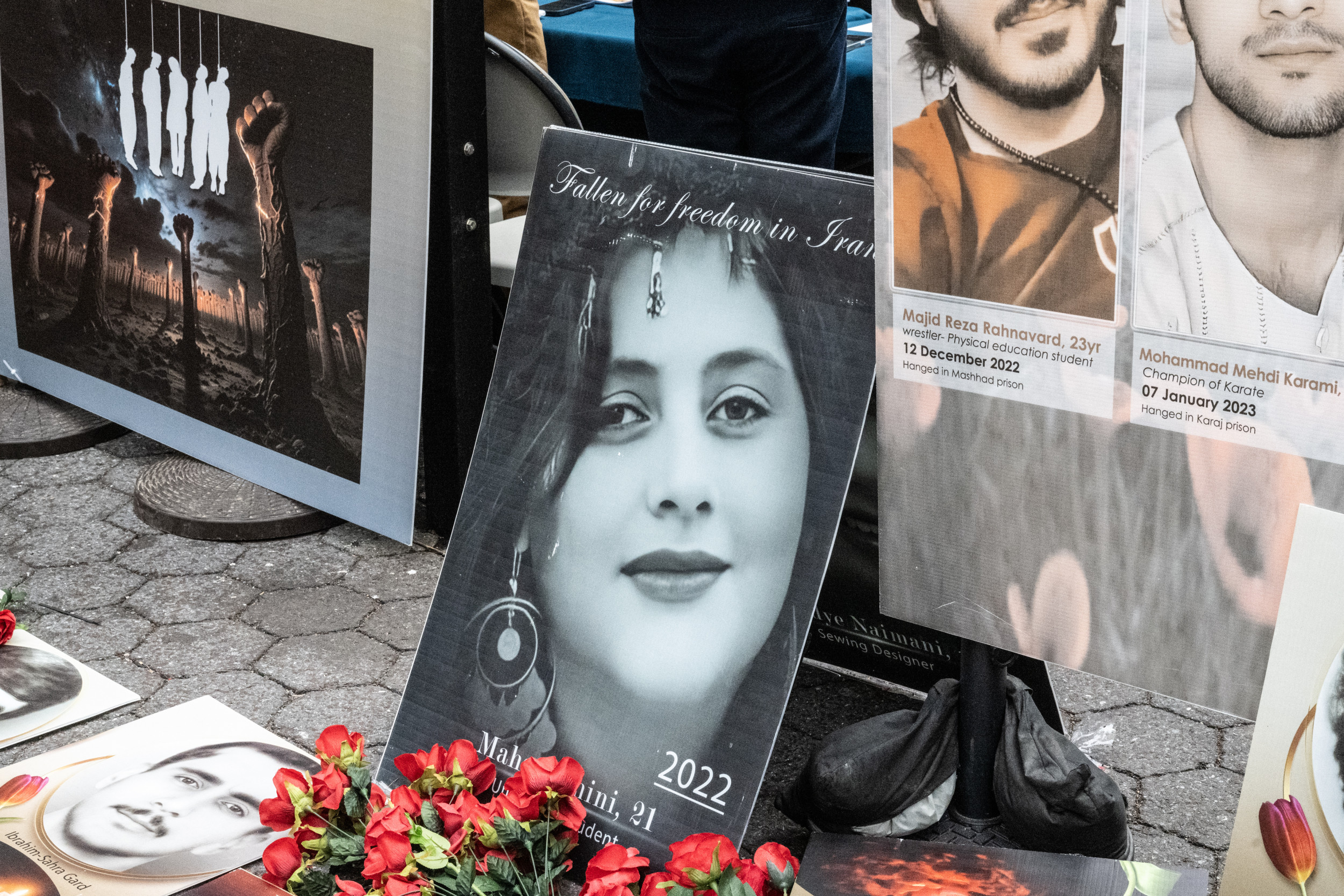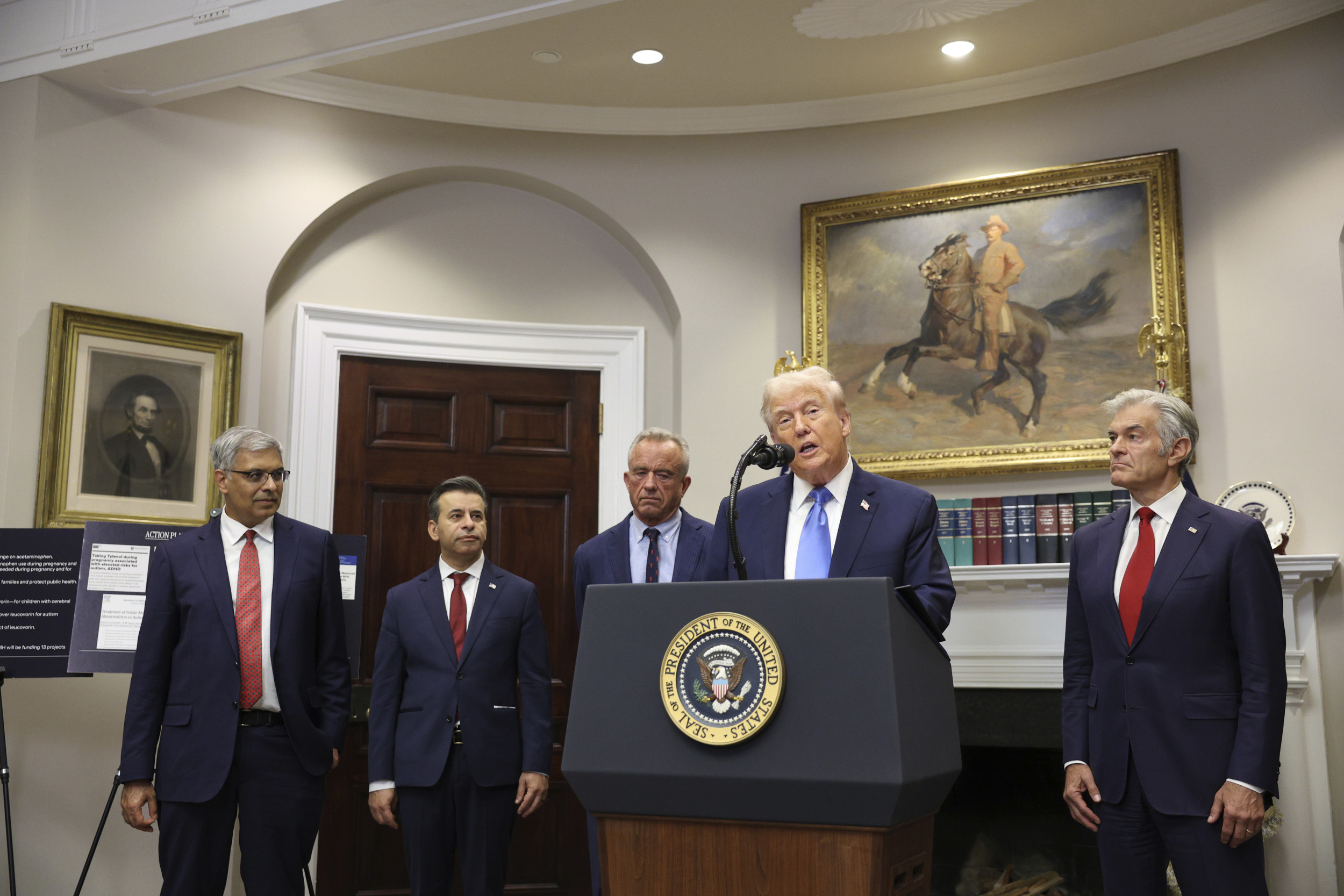
Thousands of young women have risked their lives in the streets of Iran for what too many Americans take for granted: freedom. Those streets may once again become the battleground for Iran’s future.
The United States’ breathtaking strike on Iran’s nuclear program, in coordination with Israel, may have opened the door to what some hope will become the liberation of the Iranian people. It was a moment that seized the world’s attention and reasserted America’s role as a global superpower.
Mahsa Amini became the symbol of the Woman, Life, Freedom movement when she died in a Tehran hospital in 2022, after being detained by Iran’s morality police for allegedly violating the country’s hijab laws. Her suspicious death sparked a wave of nationwide protests led by women and girls, igniting a global movement.
Whether Amini’s tragic death becomes a turning point depends on what comes next. Exiled Crown Prince of Iran Reza Pahlavi called on the broad resistance of women to return to the streets, using the social media platform X to mobilize action.

Stephanie Keith/Getty Images
The momentum of this moment, years in the making, is fueled in part by Israel’s military campaign, which has significantly weakened the Iranian regime’s strategic infrastructure. The stated goal is to dismantle Iran’s capacity to develop nuclear weapons. Still, the long-awaited opportunity for regime change could backfire. If mishandled, it risks unleashing a wave of mass executions and plunging Iran—and the rest of the world—into even greater danger than before the first bombs fell on what was once the Persian Empire.
Supporters argue that Israel’s campaign to eliminate Iran’s nuclear facilities—including enrichment plants, missile bases, research centers, infrastructure, and oil refineries—is a justified national security measure. Iran’s Supreme Leader Ayatollah Ali Khamenei has repeatedly vowed to destroy the state of Israel and bring an end to Western civilization.
Israel has called on civilians to evacuate Tehran ahead of further strikes, a step it claims demonstrates its concern for noncombatants. The Israeli army has framed this as a moral act—one few militaries would consider in the midst of war. Yet, as Tehran empties, the voices of women like Mahsa Amini—those who would champion freedom—are also disappearing.
The objectives of this war cannot be viewed in isolation. Experts warn that Iran’s current regime could be replaced by one even more repressive and hostile to the international order.
Regime change must ultimately come from within. Even Pahlavi has emphasized that he does not seek power for himself, but believes the Iranian people must determine their future through elections.
“Help us isolate the regime,” he told Newsweek. “Help us elevate the cause of freedom.”
The New Iran, a prominent opposition group, has voiced alarm about the risks of the current moment. Its founder, Iman Foroutan, recently sent a letter to Israeli Prime Minister Benjamin Netanyahu warning of the dangers of mixed messaging.
“We are gravely concerned about a potential resurgence of one of the regime’s most brutal tactics: The summary execution of political prisoners,” Foroutan wrote. He cited reports from June 16 that at least 15 prisoners may have been executed in Dizelabad Prison in Kermanshah. The following day, he said, inmates at Tehran’s notorious Evin Prison were being segregated, raising fears of an impending wave of executions behind closed doors.
A nuclear-free Iran does not automatically mean the regime is finished. A decade from now, without political transformation, the world could find itself facing the same crisis again.
If Israel truly supports the Iranian people, it must ensure they can participate in demonstrations that could shape the future of their country. The United States should do more to empower Iranians to determine their destiny. Mixed messages from Israel are undermining this cause. The Jewish state must issue clear and consistent guidance that supports the Iranian people’s struggle for liberty.
The West cannot afford to ignore a potential wave of executions. Iran has a long and bloody record of silencing dissent through mass killings. Iranians today are trapped between a sadistic regime and a war Israel started—with U.S. backing—to secure global security. That war may be necessary, even laudable, but it must not leave the Iranian people behind. They deserve the same freedom and safety that Israelis and Americans are fighting to preserve.
President Donald Trump and Prime Minister Netanyahu must remain strategic, unified, and consistent in their message. Only strength—and moral clarity—will drive real change. If this moment is to mean anything, it must be a fight not just for security, but for woman, life, and freedom—to ensure that Mahsa Amini did not die in vain.
Felice Friedson is president and CEO of The Media Line, a U.S.-based news agency, and founder of the Press and Policy Student Program, the Mideast Press Club, and the Women’s Empowerment Program. She reports from Jerusalem and can be reached at ffriedson@themedialine.org.
The views expressed in this article are the writer’s own.




